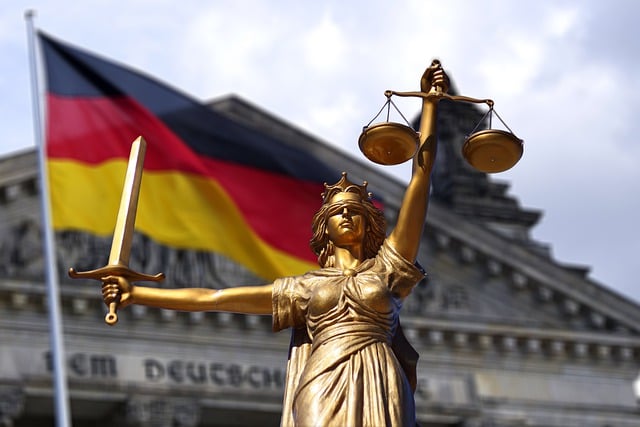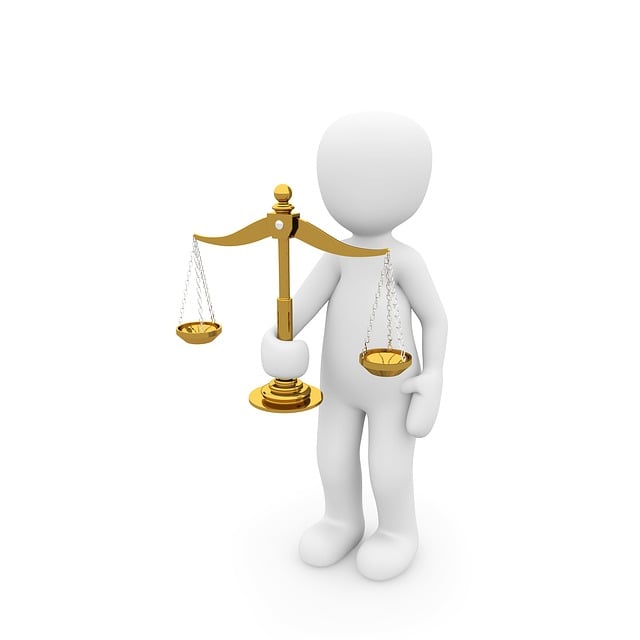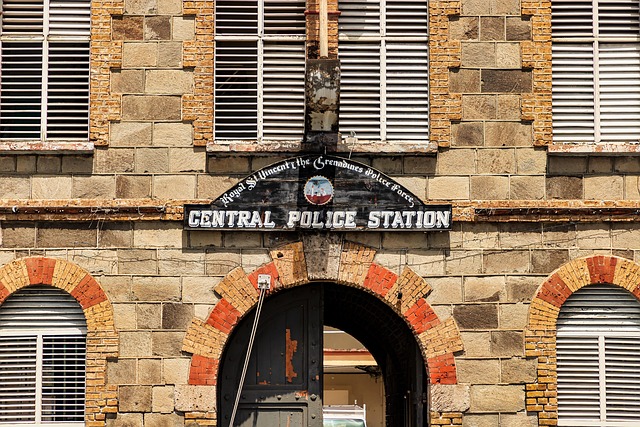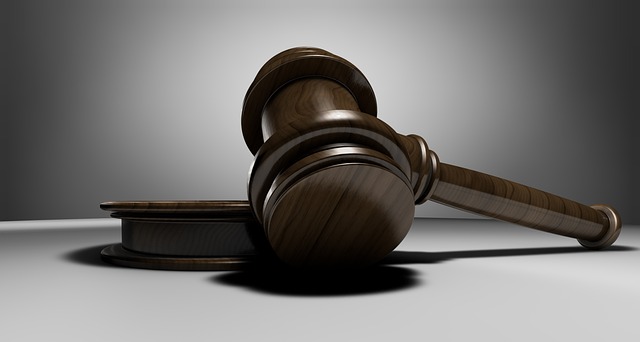Whistleblower Protection Laws (WPLs) are crucial legal tools that safeguard individuals exposing illegal or unethical practices within organizations from retaliation, with successful outcomes achievable through adequate legal representation. Whistleblowing often arises from breach of contract cases involving fraud, corruption, environmental violations, or unsafe working conditions. The legal process involves a strategic multi-step approach: discovery, reporting, lawsuit initiation, and evidence gathering. Breach of Contract Case Examples in civil law guide attorneys in demonstrating protected disclosures and adverse employment decisions, leading to financial compensation and deterrence. Protecting whistleblowers strengthens civil law frameworks, fosters institutional integrity, and safeguards the public interest.
“Uncovering truths hidden in shadowed corners, whistleblowers play a pivotal role in modern civil law. This article delves into whistleblower protection lawsuits, exploring their significance and the legal frameworks that safeguard them. From understanding key laws to analyzing real-world breach of contract cases, we provide a comprehensive overview. Discover how these protections foster transparency and accountability, impacting industries across the spectrum. Join us as we unravel the complexities of whistleblower claims and their enduring importance.”
- Understanding Whistleblower Protection Laws: A Comprehensive Overview
- Common Scenarios Leading to Whistleblower Cases
- Breach of Contract in Whistleblower Lawsuits: Real-World Examples
- The Legal Process and Strategies for Whistleblower Protection Claims
- Impact and Importance of Whistleblowing in Modern Civil Law
Understanding Whistleblower Protection Laws: A Comprehensive Overview

Whistleblower Protection Laws (WPLs) are a crucial set of legal frameworks designed to safeguard individuals who expose illegal or unethical activities within organizations from potential retaliation. These laws are essential in fostering a culture of transparency and accountability, enabling employees to come forward with information that might otherwise remain hidden. Understanding WPLs is paramount for both individuals considering blowing the whistle and legal professionals navigating these complex cases.
In civil law, breach of contract case examples often involve whistleblowers who have been terminated or faced adverse employment actions after reporting fraudulent or illegal practices. The all stages of the investigative and enforcement process are meticulously outlined in WPLs to ensure fairness and protect the rights of whistleblowers. Despite challenges posed by general criminal defense strategies employed by targeted organizations, winning challenging defense verdicts is achievable with robust legal representation focused on upholding WPLs.
Common Scenarios Leading to Whistleblower Cases

Whistleblower protection lawsuits often arise from situations where employees or individuals uncover illegal activities within their organizations and decide to come forward with this information. Common scenarios leading to such cases include instances of fraud, corruption, environmental violations, public health hazards, and unsafe working conditions. For example, a breach of contract case might involve an employee discovering that their company is engaging in accounting fraud, which not only violates the terms of their employment agreement but also has significant implications for investors and stakeholders.
In many cases, whistleblowers face retaliation from their employers, such as termination, demotion, or harassment, due to their disclosure of these activities. This can lead to legal disputes centered around breach of contract and violation of whistleblower protection laws. A successful lawsuit not only provides financial compensation to the whistleblower but also serves as a deterrent for other organizations contemplating similar unethical practices. The unprecedented track record of such lawsuits has been instrumental in fostering a culture of accountability, encouraging individuals to step forward without fear of retaliation, and enhancing the integrity of various industries through general criminal defense strategies.
Breach of Contract in Whistleblower Lawsuits: Real-World Examples
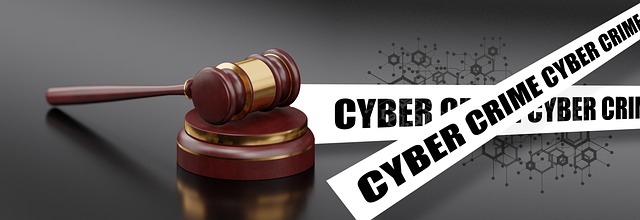
The Legal Process and Strategies for Whistleblower Protection Claims
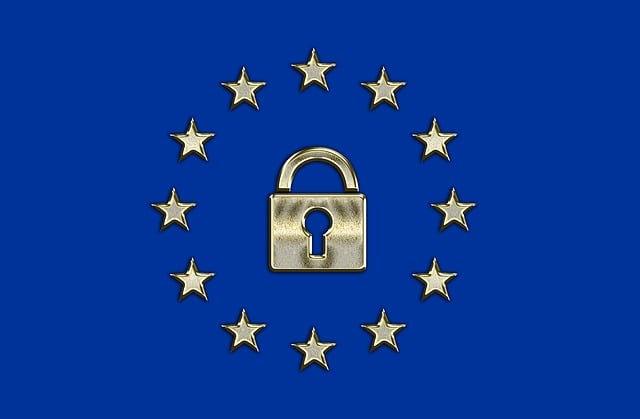
The legal process for whistleblower protection lawsuits involves a series of careful steps designed to safeguard those who expose illegal or unethical practices within their respective businesses. These cases often begin when an employee or individual with insider knowledge believes they have uncovered wrongdoing, such as fraud, environmental violations, or health and safety hazards. They then report this information to the appropriate authorities or media outlets, triggering a series of events that can lead to a lawsuit if their disclosures are met with retaliation from employers or others involved.
In terms of strategies, plaintiffs’ attorneys must navigate complex legal landscapes, drawing on relevant laws like those protecting whistleblowers in civil law and breach of contract case examples. They must demonstrate that the client’s actions were protected under whistleblower statutes and that they suffered adverse employment decisions due to their disclosures. This involves gathering compelling evidence, including documentation, witness testimonies, and expert opinions, to build a strong case for compensation and protection for the whistleblower and their respective business or individual clients. Additionally, strategies in white-collar defense can be crucial, focusing on upholding the integrity of corporate practices while ensuring fair treatment for those who choose to come forward.
Impact and Importance of Whistleblowing in Modern Civil Law

Whistleblowing plays a pivotal role in modern civil law, acting as a catalyst for transparency and accountability across various sectors. It involves individuals who reveal illegal or unethical activities within their organizations, often leading to significant legal and social repercussions. These actions are crucial in exposing corruption, fraud, and violations of laws and regulations, thereby fostering integrity within institutions and protecting the public interest.
The impact of whistleblowing is evident in numerous breach of contract cases, where employees or citizens come forward with evidence of misconduct. For instance, in recent years, several high-profile lawsuits have emerged from individuals who exposed corporate wrongdoings, leading to substantial settlements and regulatory changes. This not only provides a sense of justice for the whistleblowers but also serves as a deterrent for potential wrongdoers within the philanthropic and political communities across the country. These cases highlight the importance of robust whistleblower protection laws, ensuring that citizens can come forward without fear of retaliation, thereby strengthening the legal framework for civil law.
Whistleblower protection laws play a vital role in fostering transparency and accountability within organizations, as evidenced by numerous breach of contract cases in civil law. By understanding the legal process and common scenarios leading to these lawsuits, individuals can navigate their rights effectively. The impact of whistleblowing extends far beyond individual claims, revolutionizing corporate governance and ensuring that wrongdoings do not go unnoticed or unpunished. As we’ve explored, comprehensive knowledge of whistleblower protection laws is essential for both victims seeking justice and legal professionals assisting them.
